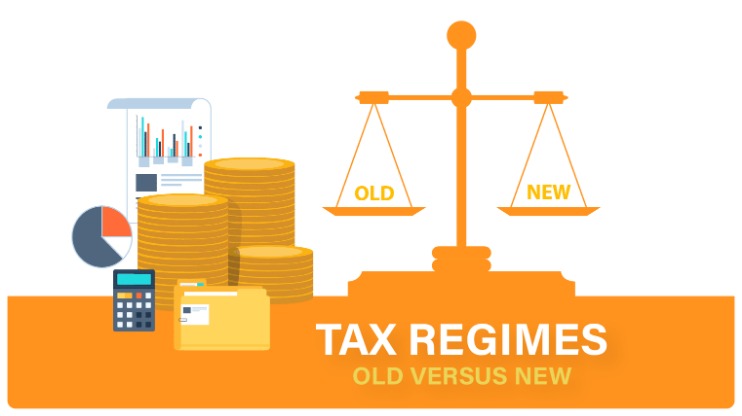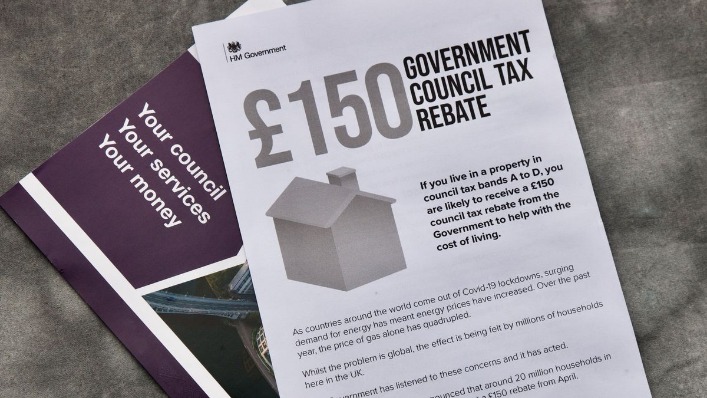Tax season can often feel like navigating a labyrinth, especially with the complex and varied array of IRS tax forms available. Understanding these forms is crucial for accurately filing taxes and ensuring financial compliance. In this guide, we’ll break down the essentials of IRS tax forms and how they affect your annual tax filing.
What Are IRS Tax Forms?
IRS tax forms are documents used to report income, calculate tax liabilities, and claim tax deductions or credits. These forms serve as a standardized method for taxpayers and tax authorities to assess financial compliance and obligations.
Common Types of IRS Tax Forms
- Form 1040: The U.S. Individual Income Tax Return is the standard form used by individuals to file their annual tax returns.
- Form W-2: A form that employers must issue to employees, detailing yearly wages and taxes withheld.
- Form 1099: Used to report various types of income other than wages, salaries, and tips.
- Form 4868: An application for an automatic extension of time to file a U.S. individual income tax return.
- Form 941: Employers use this form to report income taxes, Social Security tax, or Medicare tax withheld from employee paychecks.
How to Access and Complete IRS Tax Forms
Users can acquire IRS tax forms from several sources, including the official IRS website. Alternatively, many prefer the convenience of online platforms that guide users through this process.
For a streamlined filing experience, consider utilizing resources like IRS tax forms online, which can simplify the complexities of tax season.
Benefits of Understanding IRS Tax Forms
Becoming familiar with the various IRS tax forms offers several advantages:
- Precision: Understanding forms reduces the risk of errors, ensuring that filed returns are accurate.
- Maximizing Returns: Awareness of which forms apply can help taxpayers make the most of deductions and credits.
- Compliance: Ensures you meet federal requirements and avoid penalties.
FAQs: Navigating IRS Tax Forms
What happens if I file the wrong IRS tax form?
If you file the wrong IRS tax form, it could lead to delays in processing your return, errors in your tax payment, and potential penalties. It’s crucial to ensure you choose the correct forms applicable to your situation.
Can I file IRS tax forms online?
Yes, most IRS tax forms can be filed online through the IRS e-file system or trusted third-party services like those offering IRS tax forms assistance.
When are IRS tax forms due?
Typically, individual tax returns are due by April 15th each year, but the date may vary slightly if it falls on a weekend or public holiday. For extensions, Form 4868 is usually due by the original filing deadline.
Understanding and using the correct IRS tax forms is integral to a smooth and compliant tax filing process. Utilize online resources and professional guidance to ensure your tax season passes with minimal stress.



